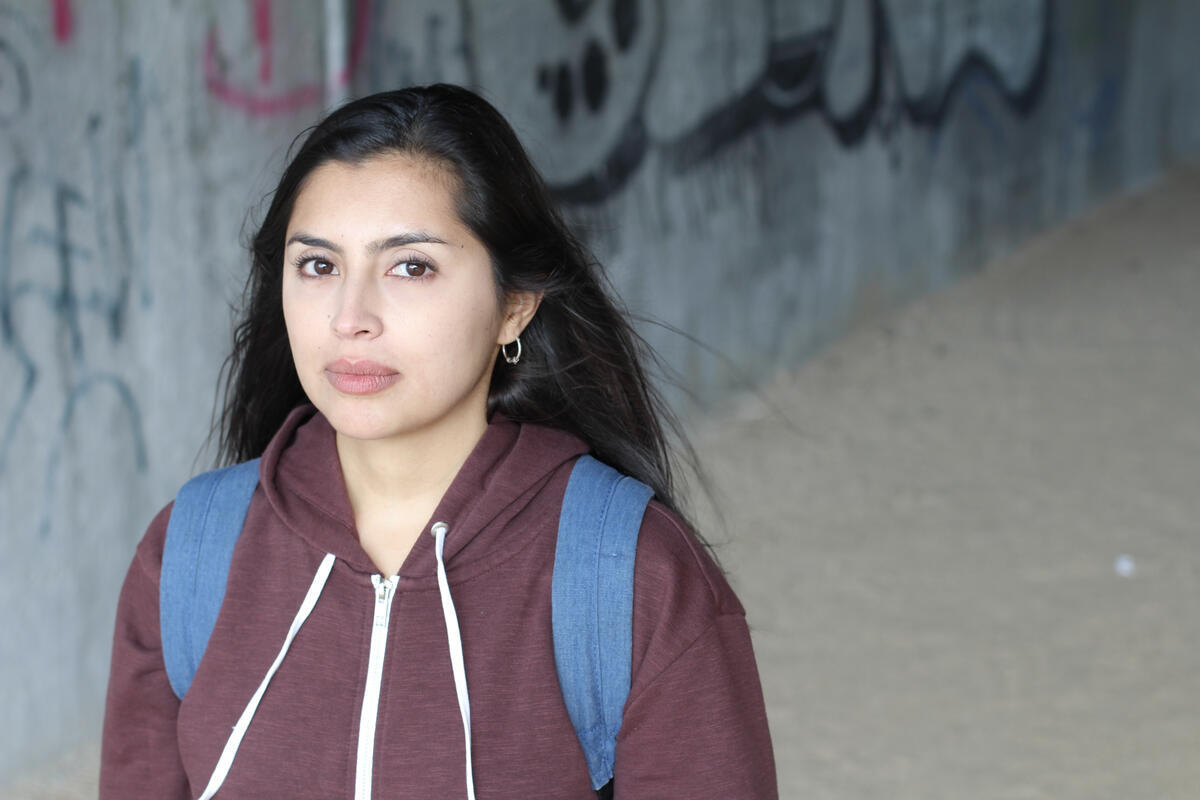California Researchers Awarded $3 Million Federal Grant to Uncover the Impact of the Pandemic on PreK-12 Students
“Billions of new dollars are being pumped into public schools, and we can’t afford to wander in empirical darkness. We now have a chance to discover what’s working to lift our kids.”
—Professor Bruce Fuller, Berkeley School of Education
The U.S. Department of Education’s Institute for Education Sciences has awarded a $3 million grant to a research team led by the Public Policy Institute of California, UC Berkeley School of Education, UC San Diego, and California Department of Education to conduct a three-year study of pandemic recovery and equitable outcomes across 1,000 preK–12 districts in the state.
Researchers will study how California’s $4.6 billion pandemic recovery grant program, known as the Expanded Learning Opportunities (ELO) Grant, was used to promote educational recovery from COVID-19 and to address worsening learning gaps and inequities among students.
“The pandemic reinforces the urgent need to implement long overdue changes to improve the condition of schools and accelerate student learning,” said Dr. Niu Gao, study Principal Investigator and Senior Fellow at the Public Policy Institute of California (PPIC).
The research team will identify and analyze specific district actions taken to accelerate student learning—for example, high dosage tutoring or extending learning time. Using demographic and student outcome data, researchers will gauge the impact of programs in local districts.
“Billions of new dollars are being pumped into public schools, and we can’t afford to wander in empirical darkness,” said Dr. Bruce Fuller, professor at the Berkeley School of Education and a Co-PI on the grant. “We now have a chance to discover what’s working to lift our kids.”
Dr. Julian Betts, professor in the Department of Economics at UC San Diego and executive director of the San Diego Education Research Alliance, said that the “interdisciplinary aspect of this work will be one of its strengths.”
“Our colleagues at PPIC and Berkeley will learn a great deal about how districts are spending these funds, and how districts come to these decisions,” said Betts, a Co-PI on the grant. “Armed with this information, and working with our partners at the California Department of Education, our contribution at UC San Diego will be to test which types of student support programs are making the biggest difference in helping students get back on track.”
Recent test scores released from the National Educational Progress Assessment (NAEP), conducted by the National Center for Education Statistics, show pandemic-related setbacks for students, with gaps widening for historically underserved students.
The Public Policy Institute of California has conducted extensive research that shows how Black, Latino, and low-income students were left behind during the pandemic, with less access to reliable internet and devices and more distance learning. PPIC issued What’s Ahead for Recovery in California about these trends and the forthcoming study.
Several teams of researchers will collaborate, using mixed methods that include quantitative analysis and longitudinal case studies to assess impacts on the state’s 6 million school children. Findings will be shared in multiple formats for a range of audiences that includes the California Department of Education, the California State Board of Education, local school districts, policymakers, professional education organizations, community-based and advocacy organizations, and the general public. Intermittently, researchers expect to release preliminary findings.

